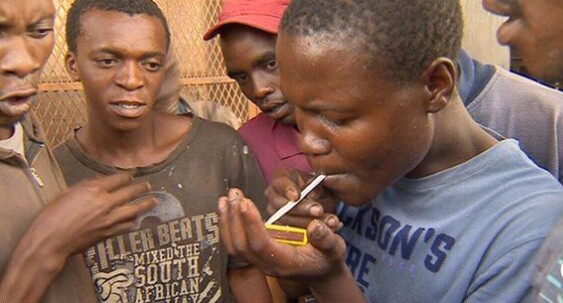
The Ministry of Youths and Sports Development in Nigeria is set to launch “I Choose Life Campaign” to address mental and emotional pressures that could push youths into substance abuse during the COVID-19 lockdown in Nigeria.
The Minister of Youths and Sports Development, Mr Sunday Dare, said this in a statement signed by Mrs Lere-Adams Adjobome, Director of the Ministry’s Press, in Abuja.
According to him, the ministry is launching the campaign to support young people in making healthy lifestyle choices by avoiding abuse of drugs and illegal substances:
“The campaign is due to the concern about the effects of social distancing and possible consequential economic hardships that may follow on the mental, emotional and physical well-being of Nigerians.
“The past few weeks have been extremely disruptive for most of us. We have all taken a hit in one way or the other. Our traditional lifestyle is predominantly community oriented.
“Youths are at the stage of their lives where schooling, socializing, entertainment, sports and relaxation form daily routine and are the core of the expression of our youthfulness.
“In the past few weeks and in the next few months it seems that routine is being defined not by our own choice but by the realities of a pandemic that is ravaging the world until a solution is found.”
He said the campaign will support young people as much as possible to go through the lockdown period and come out of it stronger and healthier.
The goal of the campaign is to educate and enable youths to reject illicit drugs, preventing drug use and encouraging occasional users to discontinue.
“Evidence has proven that the earlier children start to experiment with drugs, the more likely they are to develop drug dependence later in life.
“There is evidence that carefully planned mass media campaigns can reduce substance abuse by countering false perceptions that drug use is normative and by influencing personal beliefs that motivate drug use,” he said.
The minister said the ministry would partner with other organizations to ensure that the media programmes complement other community and school-based anti-drug programmes.
By Amaka E. Nliam












